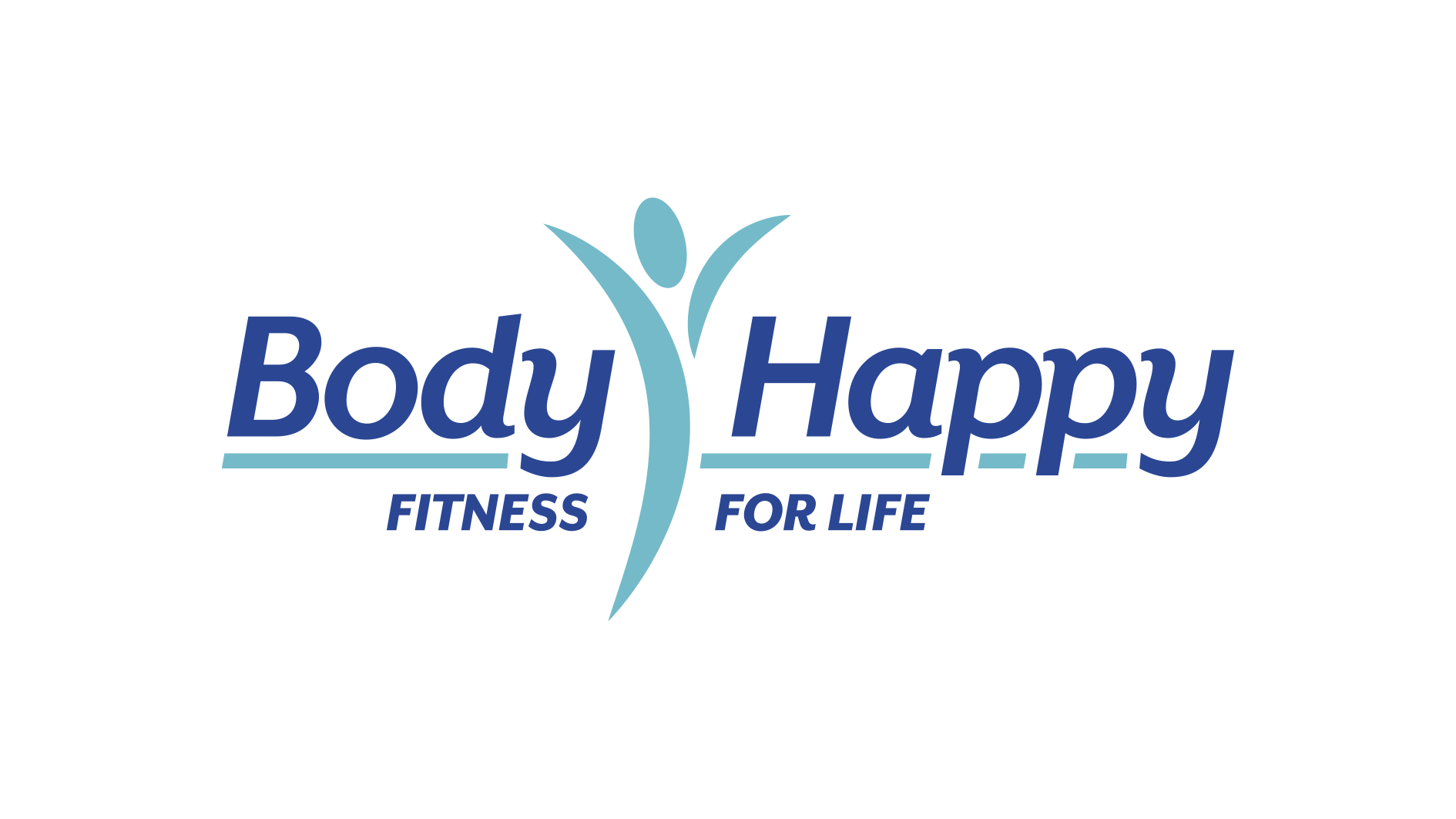The Cycle of Behaviour Change
When a change occurs in our lives, either purposeful or otherwise, there is a process attached to it with stages we move through and we refer to this as ‘The Cycle of Change’ or ‘The Transtheoretical Cycle of Change’. Lets have a look at it:
We can further break the stages down as follows:
- Pre-contemplation – Person has no thoughts or intentions of change.
- Contemplation – Person starts to consider the need for change and has intent to do so in the near future.
- Preparation – Person takes small steps towards change, perhaps looks at what support may be available or methods in which change could be undertaken.
- Action – Person takes steps to initiate change and begins to exhibit different behaviours.
- Maintenance – Person has created new habits and consistently performs them.
- Relapse (also sometimes referred to as termination) – Person ceases to perform newer habits and potentially returns to old habits.
Although the stages are set out in an ordered manner from 1 to 6, this cycle of change is not always so linear. As you can see in the diagram, ‘lapse’ or ‘relapse’ can occur at any of the stages. It may be that a person gets as far as preparation or even action but relapses here and never makes it to the next stage, instead returning to pre-contemplation.
Any change that occurs in our lives can either be something that happens to us or something or we choose to change. For now, I want to discuss what happens when we choose to make a change towards living a healthier lifestyle. That might mean eating a healthier diet, doing more physical activity or drinking more water or even all three. Here are 5 tips to help us move through the cycle of change avoiding a permanent relapse or termination and moving more reliably into the maintenance phase:
- START SMALL AND CHOOSE WHAT FEELS POSSIBLE. Make small changes to start with and choose what feels the easiest. If it feels daunting to join a gym but doing a YouTube exercise session for 15 minutes is something you can cope with, do that! You don’t have to go from 0 to 60mph and all of a sudden be living a perfect life.
- DO WHAT WORKS FOR YOU. I get asked all the time what ‘the best’ kind of exercise is and the truth is that consistent exercise is what is most important. If you hate sports but you love dancing, then dance. If a solo gym workout feels daunting, workout with a friend or book a class instead. Do something that you enjoy so that it’s something you’ll keep doing and don’t be afraid to change it if you get bored or want to try something new. Physical activity comes in many forms!!
- CELEBRATE EVERY ACHIEVEMENT, however small. You drank 2 cups of water today instead of none? That’s a win! It doesn’t matter that you haven’t made it to that all important 2 litres, you still drank more than you have been and you deserve to congratulate yourself for that, not beat yourself up!
- GET BACK ON THE HORSE! Don’t sweat it if you have a ‘bad day’. So you got up this morning, had chocolate for breakfast, didn’t make it to the gym and finished the day with a takeaway and a glass of wine…no problem!! One ‘bad’ day doesn’t ruin a lifestyle, it’s only one day. Start again tomorrow and try to look at the bigger picture. If your week, on the whole, was healthy then no drama (and if you go on hols and have a ‘bad’ week, that’s ok too – start again next week!). We can’t expect to hold ourselves to ‘perfection’ as standard.
- DON’T DIET. When we ‘diet’, we tend to restrict and think about the foods we can’t have or the things we should do. When we move towards living a healthier lifestyle, I find it more useful to think of what I can have and what I will do. In this way it becomes a positive experience and something I have control over.
Come and see us at Body Happy Lewes if you want some help kickstarting your healthy living journey and let us help you through the stages until you’re solidly sitting in maintenance. We are waiting to help you!
